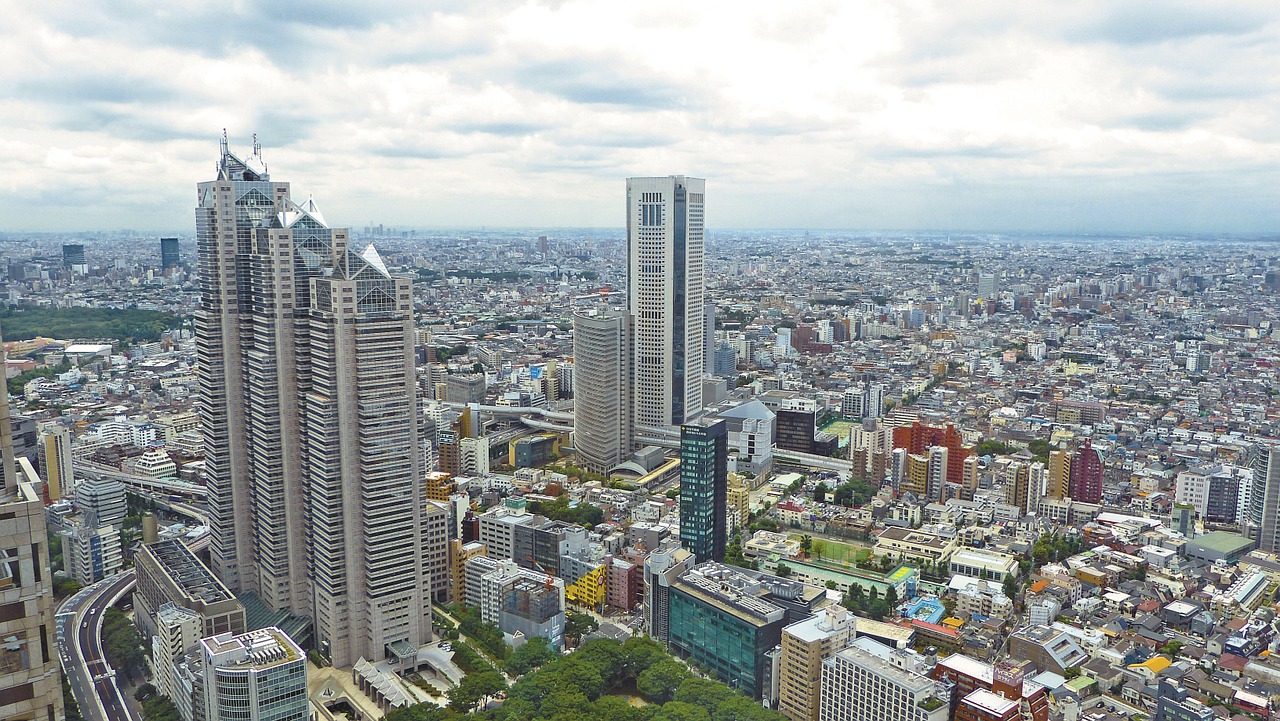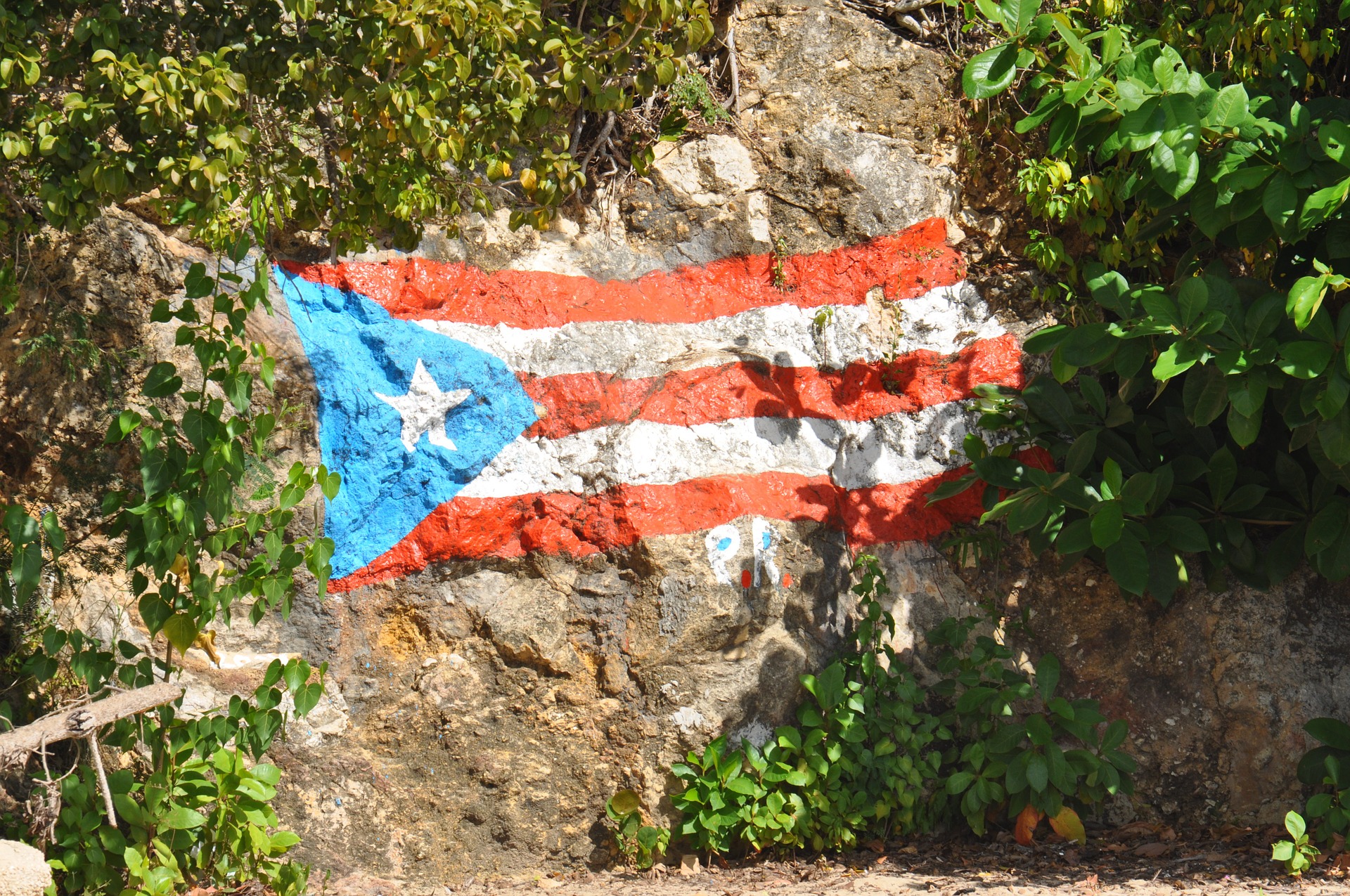 Tokyo, one of my favorite cities in the world, is about to do something REALLY dumb: build a solar road.
Tokyo, one of my favorite cities in the world, is about to do something REALLY dumb: build a solar road.
By Frank Andorka, Senior Correspondent
If you’ve followed my writings over time, you know how I feel about solar roads. I find them to be one of the greatest boondoggles of all time, a brilliant grift that does nothing to advance the future of solar power but does get a lot of publicity for the people building it.
The last time I visited the solar roads issue in 2017, the combiner box on the “test road” – more like a patch that a sidwalk, really – had caught on fire in Standpoint, Idaho, where this “demonstration” road has been in the works for what seems like forever (I guess if I really thought about it, I’d say I first saw the words “solar roadways” flash across my Facebook feed back in 2014). You’d think they would have been embarrassed. They were defiantly NOT embarrassed, any more than they were when a laminating machine foiled its big launch party in 2016.
Why am I bringing this up again, other than to point and laugh AGAIN at people who for some reason think solar roadways are a useful use of solar technology, all evidence to the screaming contrary?
Because according to the U.K. Independent newspaper, Tokyo – a city I once lovingly wandered looking for rodent traps (long story) – is trying to build a solar road in anticipation of its 2020 Olympics hosting.
The Inependent writes:
The new technologies are expected to be introduced on a trial basis at facilities owned by the Tokyo government and other locations as early as the next fiscal year.
My advice would be to keep them away from any flammable buildings, is all I’m saying.
The newspaper also reports that the solar roadways would be part of a widespread effort to brand Tokyo as an eco-friendly city, something I can attest it already is. I’d argue they don’t need to put together some flashy tourist-trappy, Disney-esque attraction to prove it. Just take what you’ve already done and do a better job of marketing it to the world.
Please. Seriously, you don’t want any part of this travesty wrapped in a tragicomedy wrapped in solar panels. Take it from a longtime solar roadways observer: They do not work.
More:
Tokyo to build eco-friendly ‘solar roads’ ahead of 2020 Olympics



